Joseph E. Capizzi
Joseph E. Capizzi is a professor of moral theology and ethics and the executive director of the Institute for Human Ecology at the Catholic University of America. He teaches in the areas of social and political theology, with special interests in issues in peace and war, citizenship, political authority, and Augustinian theology. He is the author of Politics, Justice, and War: Christian Governance and the Ethics of Warfare (Oxford University Press, 2015).


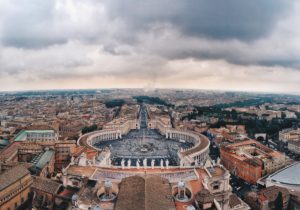
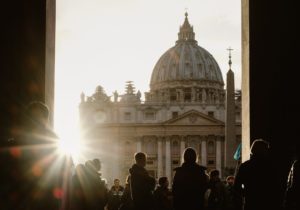
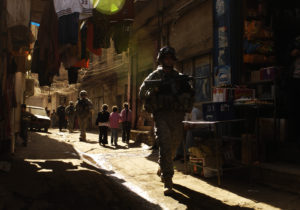
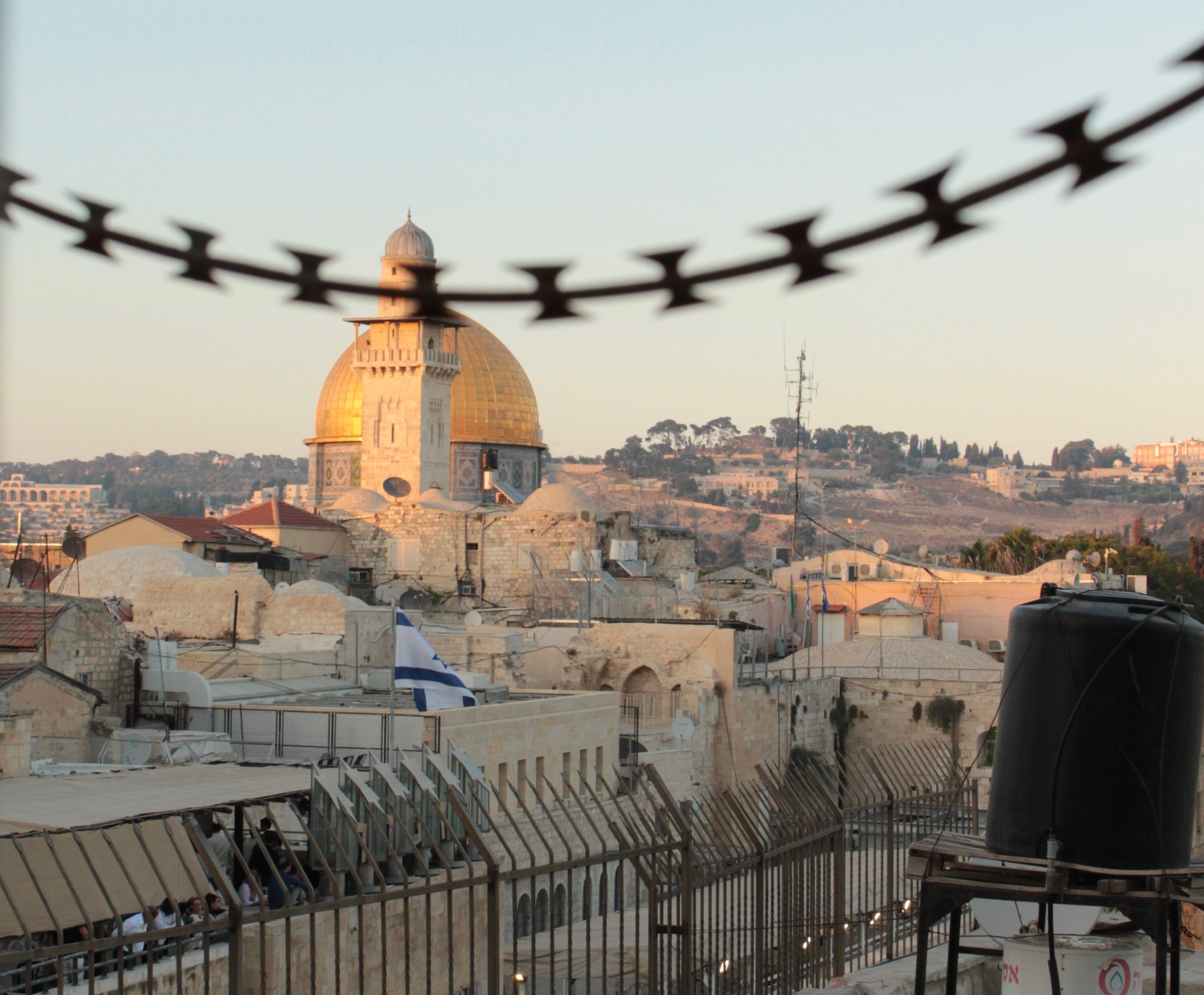
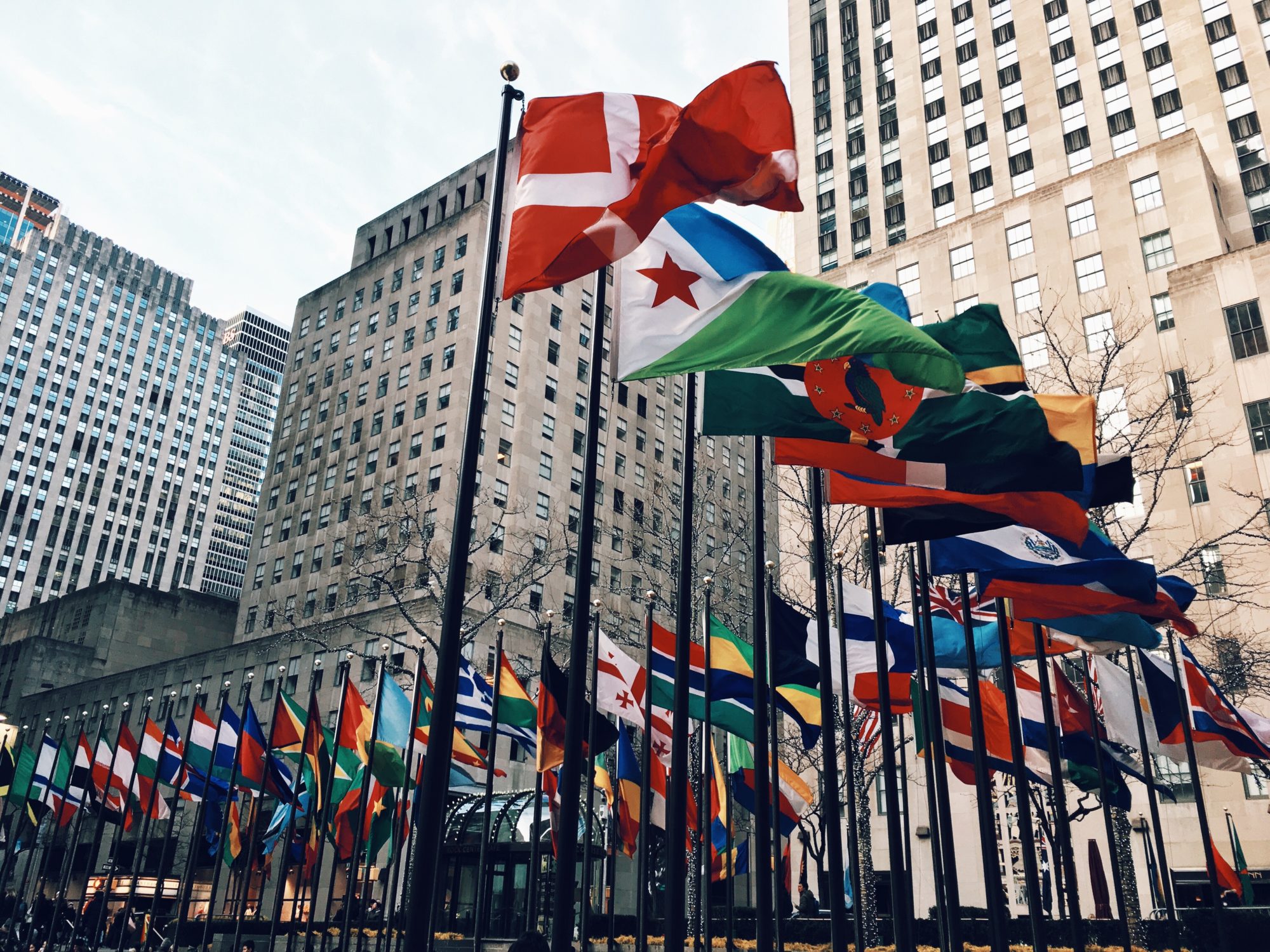
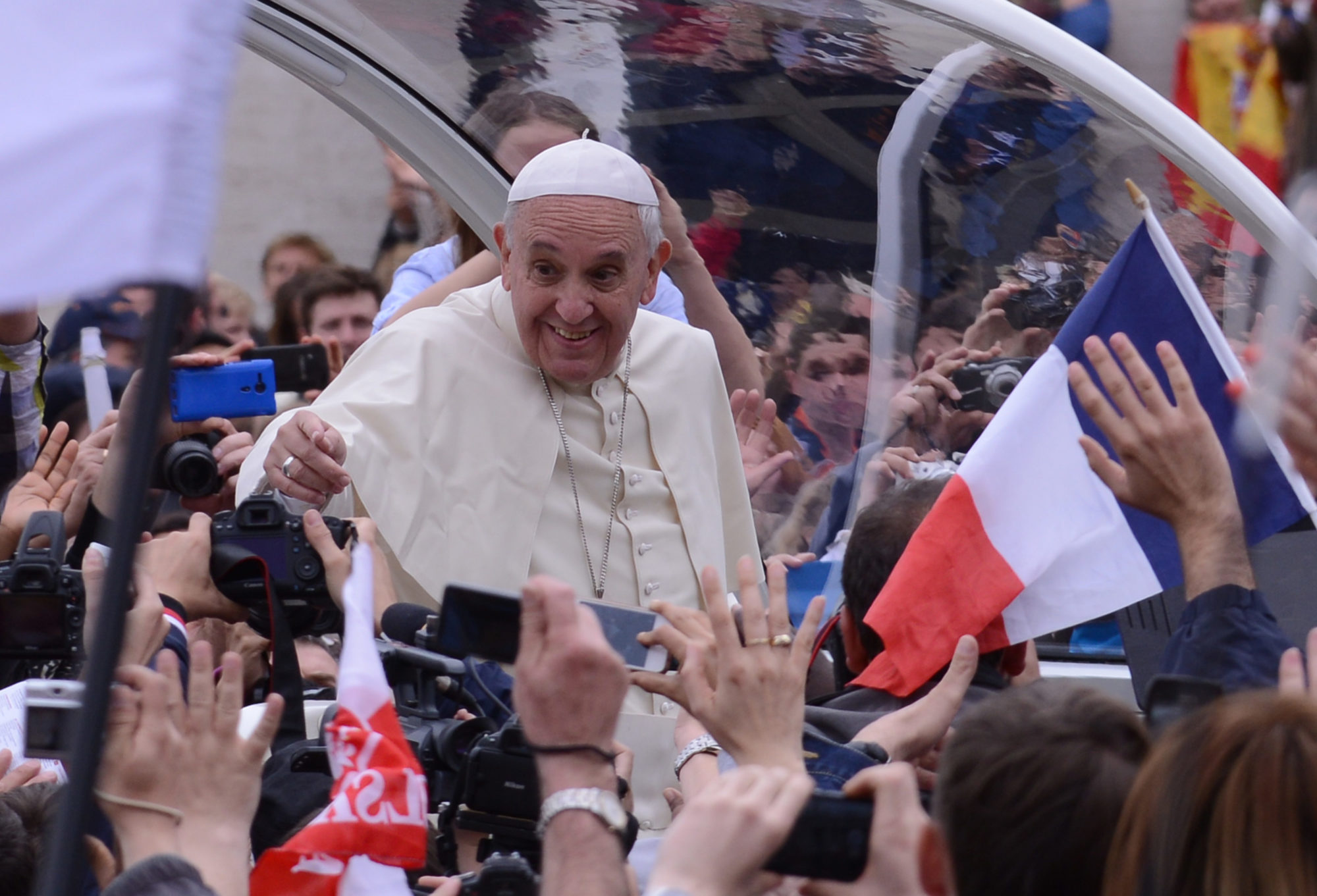
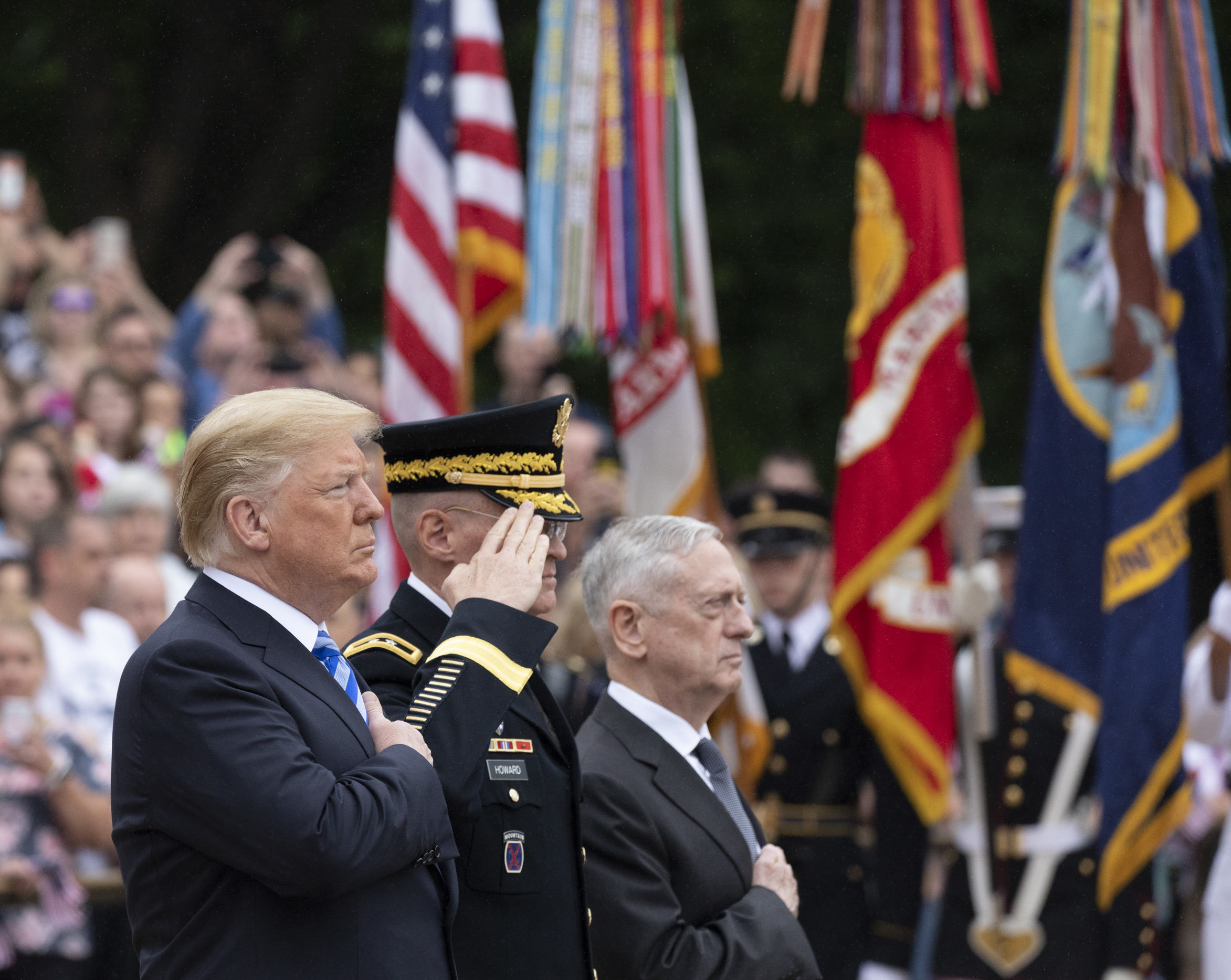
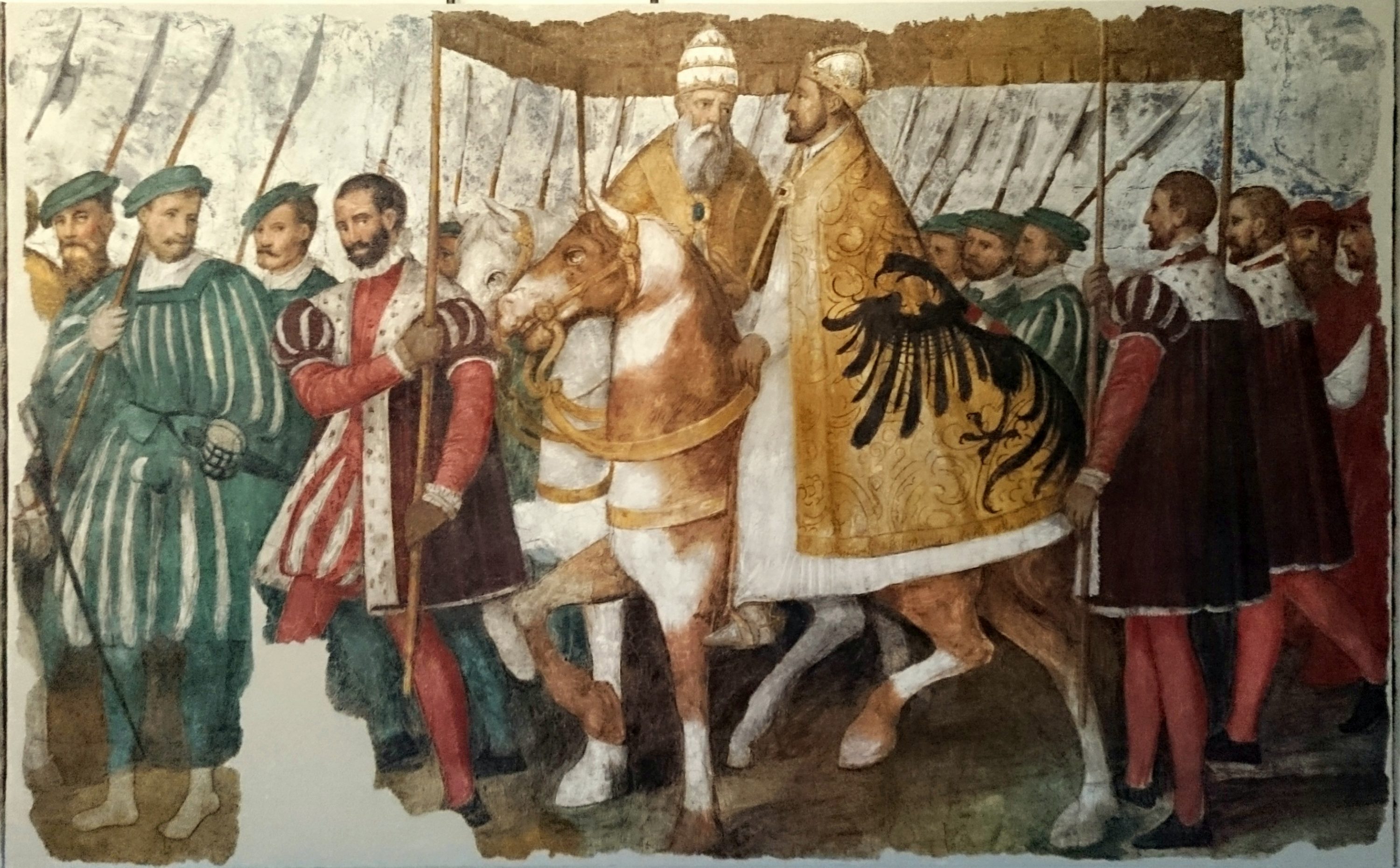


 Sponsor a student for Christianity & National Security 2024
Sponsor a student for Christianity & National Security 2024